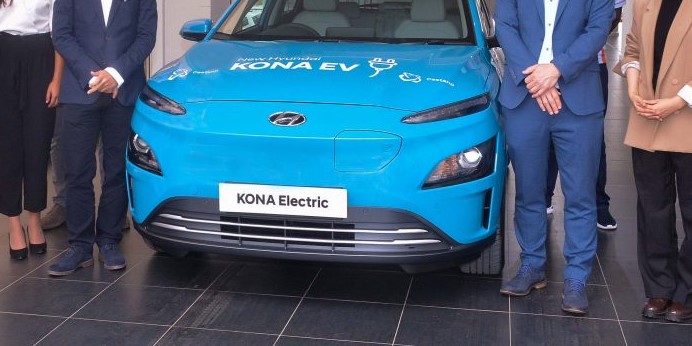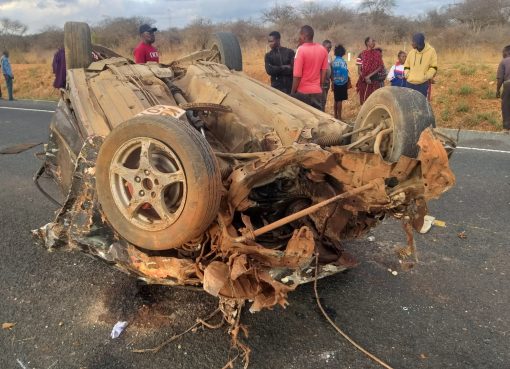Kenya Power (KP) has announced plans to phase out fossil fuel powered vehicles and motorbikes from its fleet, in favour of electric-powered ones.
To this end, the Company has set aside Sh.40 million in the current financial year to purchase three electric vehicles (two pickups and one four-wheel drive) on a pilot basis.
These funds will also be utilized to construct three electric vehicle-charging stations within Nairobi, both for the Company’s use and demonstration purposes.
“Kenya Power intends to substantially reduce its carbon footprint by purchasing more e-vehicles in the near future, including two-wheelers and three-wheelers. We must play our rightful role to combat global warming by championing mitigation measures such as adoption of electric motorisation,” said Kenya Power’s Ag. Managing Director, Eng. Geoffrey Muli.
Speaking at the Swedish Embassy during the launch of electric motorbikes by Roam Motors, Eng. Muli added that in the medium term, the Company will also purchase 50 long-range electric bikes as part of its plan to phase out fuel-powered motorbikes within its fleet.
Roam is locally assembling e-motorbikes with a range of 180 kilometers using two batteries, and it costs Sh.66 to charge each battery.
KP recently finished piloting 13 electric bikes in conjunction with the United Nations Environment Programme (UNEP), which were being used by meter readers and revenue collection teams. The major impediments have been reliable battery storage and lack of after sales service.
But with companies now assembling long range e-motorbikes in the country and offering after sales service, KP is excited about the future of e-mobility and ready to fully embrace electricity powered motorbikes.
The e-mobility industry is taking shape within the country with more than 1,000 electric vehicles currently on the roads. Being a key player in the electricity value chain, KP intends to play an active role in driving the uptake of electric vehicles.
“With an installed electricity capacity of 3077 MW and an off-peak load of 1100 MW, Kenya has enough power to support the entire e-mobility ecosystem,” said Eng. Muli.
The Company has already invited bids for the construction of an E-Mobility Network Infrastructure System (ENIS) to pilot the charging stations. The infrastructure will also allow customers to pay via M-PESA and credit cards.
Additionally, the Company has also established a liaison office, which acts as one-stop shop to champion the Company’s e-mobility business. Through this office, KP is working with other stakeholders to support the development of the e-mobility ecosystem, which includes the identification of sites for potential charging stations, facilitate connectivity and test e-vehicles for potential investors.
By Joseph Ng’ang’a





